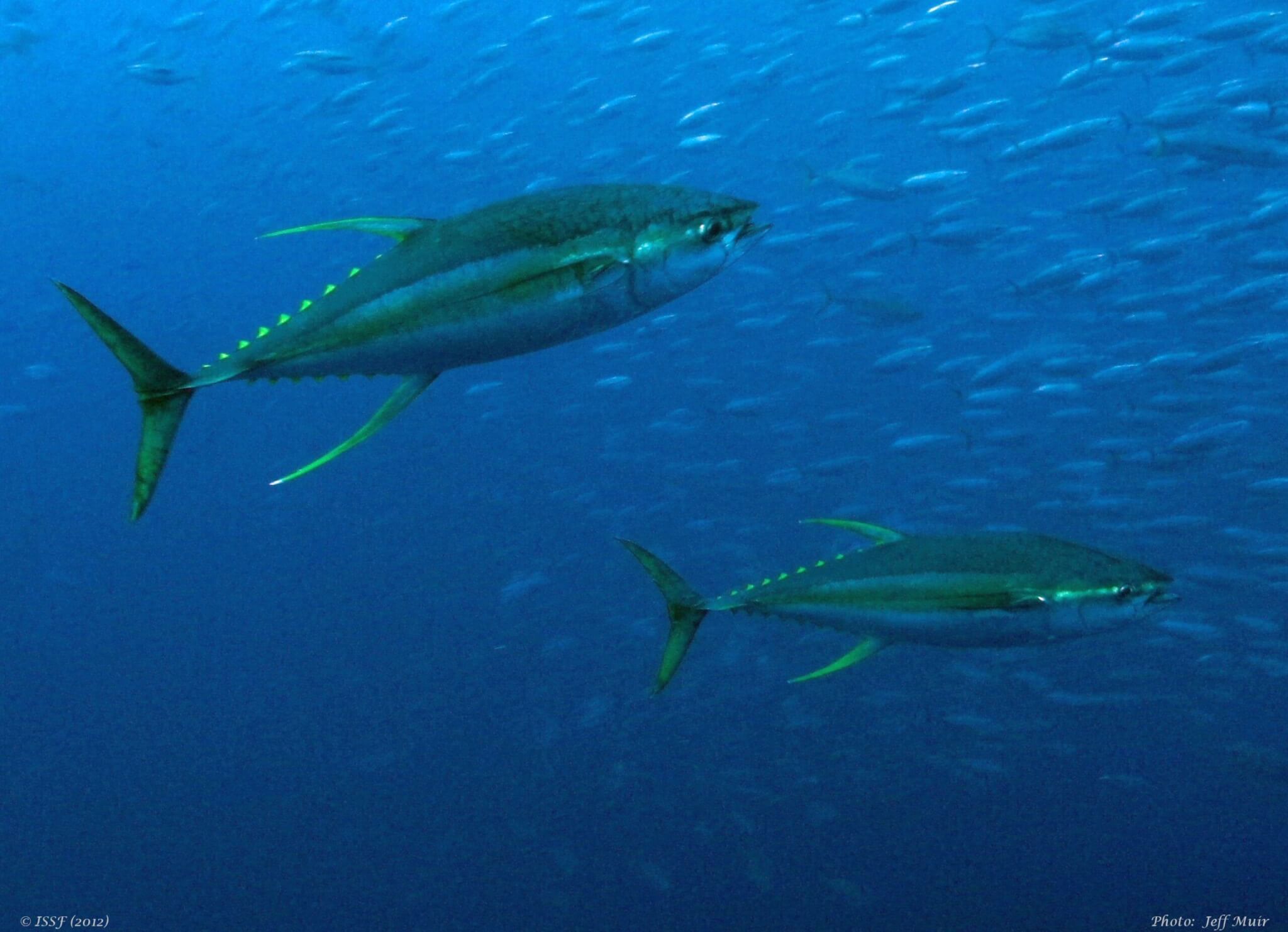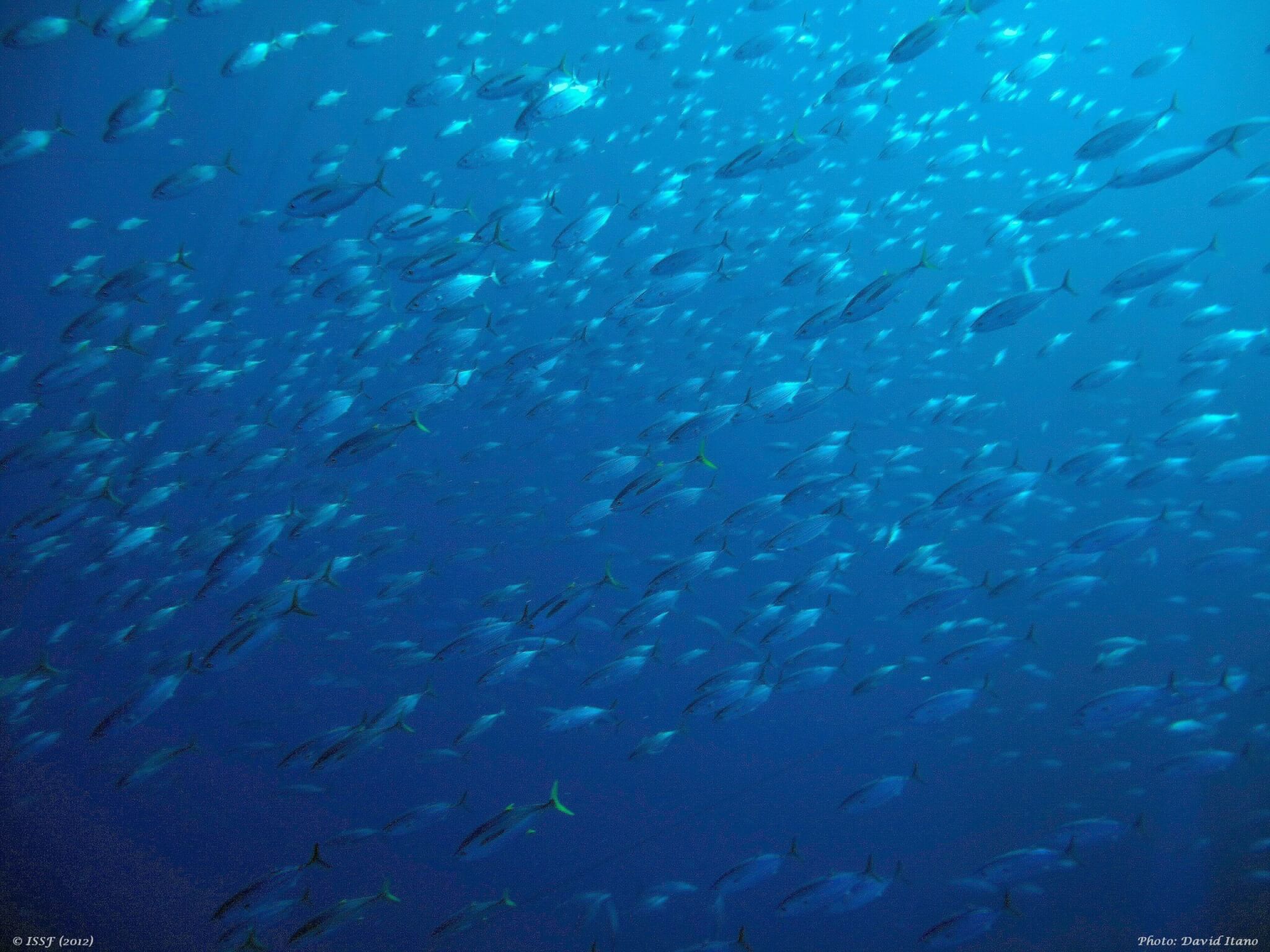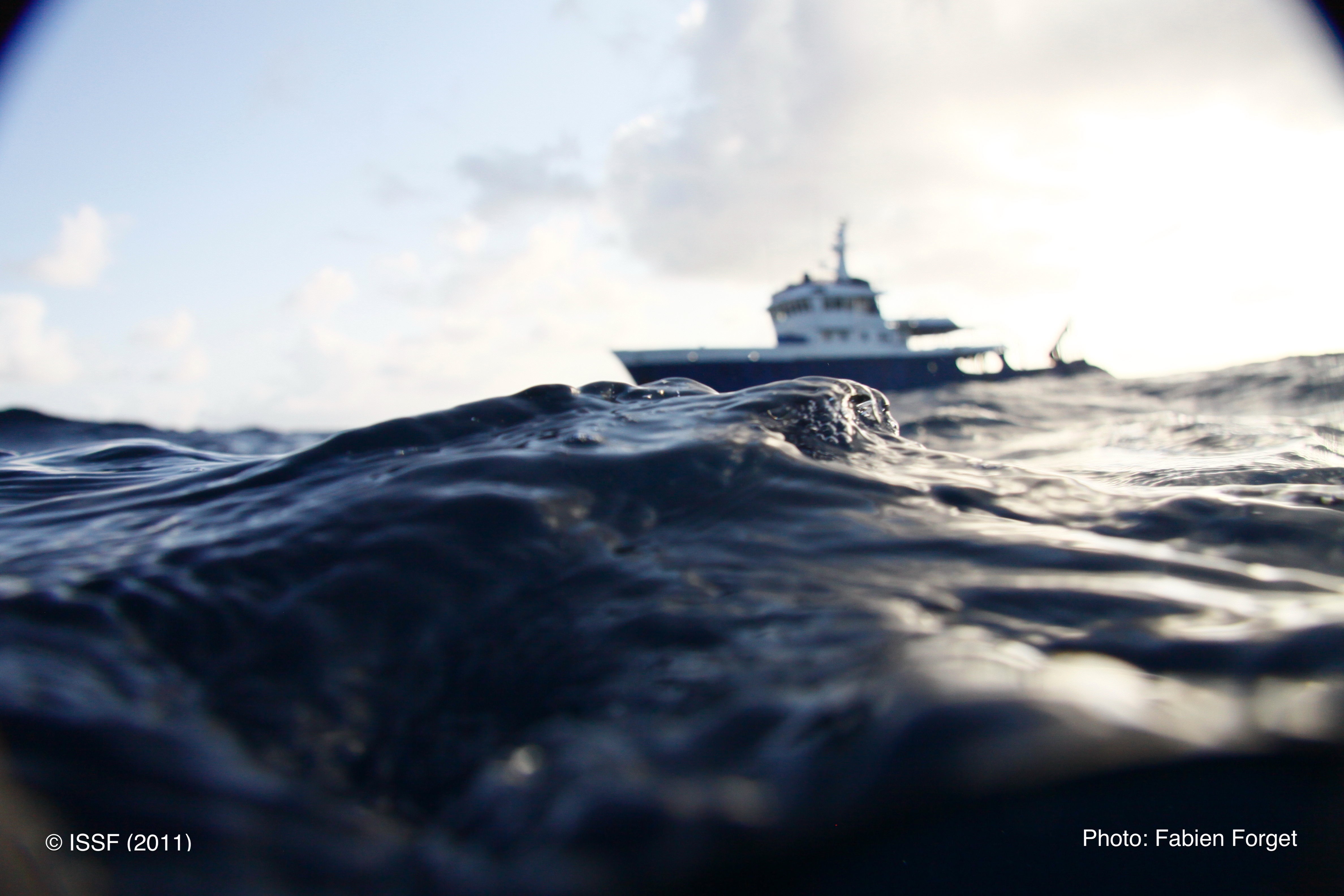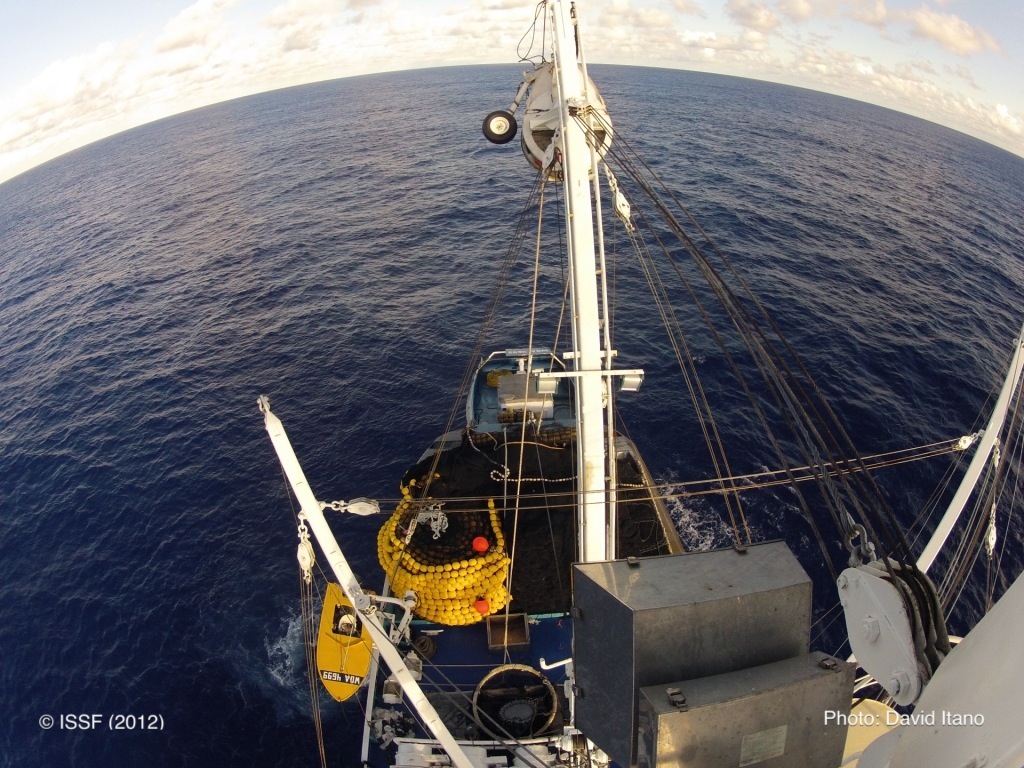INTERACTIVE MAP: Influencing for Sustainable Fishing Policies | NEW Web Feature
Featured Resource
A Global View of Influence for Sustainable Fishing Policies
Beginning with a network of 23 leading seafood companies and extending to Marine Stewardship Council (MSC)-certified tuna fisheries and tuna fishery improvement projects (FIPs) — including stakeholders that ISSF technical experts engage with — ISSF’s advocacy partnerships have a broad global reach and impact. A new Web feature visualizes that “influence network” in four major tuna fishing regions.
See All Immersive Web Features
Featured Content
ICCAT Must Rebuild Atlantic Ocean Tuna Stocks and Expand Management Procedures
ISSF Outlines Priorities for Atlantic Ocean Tuna Fisheries
The International Commission for the Conservation of Atlantic Tunas (ICCAT) is responsible for the conservation and management of tunas, sharks, and other highly migratory species in the Atlantic Ocean. At their annual meeting in November, ICCAT members must focus on fulfilling the Commission’s mandate and ensuring the sustainability of its fisheries.
ISSF urges members and cooperating non-members at the annual meeting of ICCAT to take the following priority actions…
ICYMI
More Harvest Strategies for More Stocks Can Help Fisheries Managers Mitigate Political Pressure and Climate Change Impacts on Global Tuna Fisheries
With 4.8 million tonnes caught annually, tuna are one of the world’s most popular and nutritious seafood species, fundamental to global food security and serving as an economic engine for many coastal communities. It is essential that the regional fisheries management organizations (RFMOs), charged with overseeing the world’s tuna fisheries, identify and implement tools for the long-term, sustainable management of global tuna resources.
Harvest strategies, also known as management procedures, are one such proven tool available to RFMOs. Yet these management frameworks are in place for only a handful of the 23 commercial tuna stocks. ISSF continues to advocate that tuna RFMOs establish harvest strategies for more tuna stocks—because closing this gap will help fisheries managers mitigate both the political pressures and climate change impacts on global fisheries.
Read the complete guest blog by ISSF Senior Scientist Hilario Murua for harveststrategies.org.
Read More Harvest Strategies…



